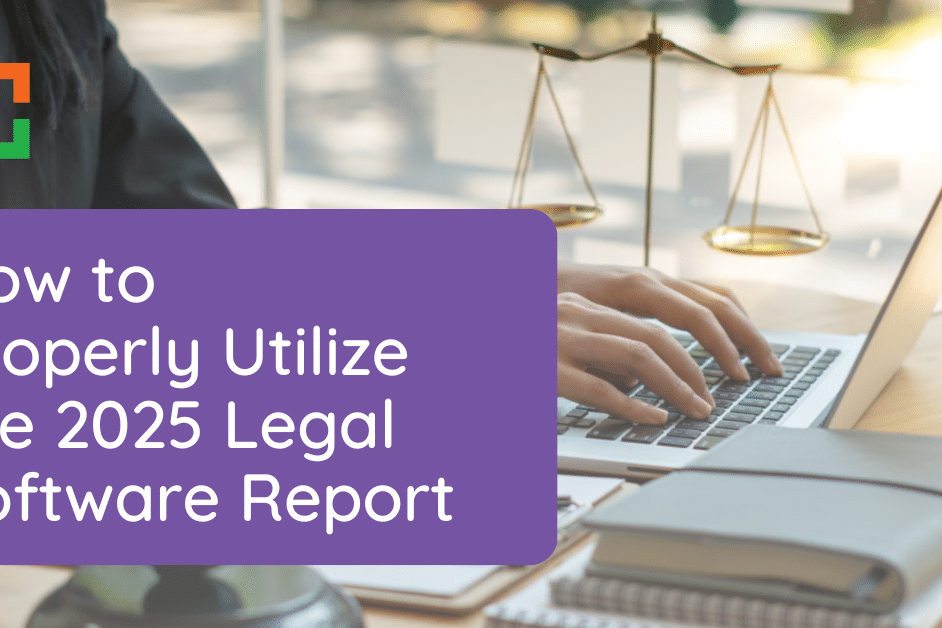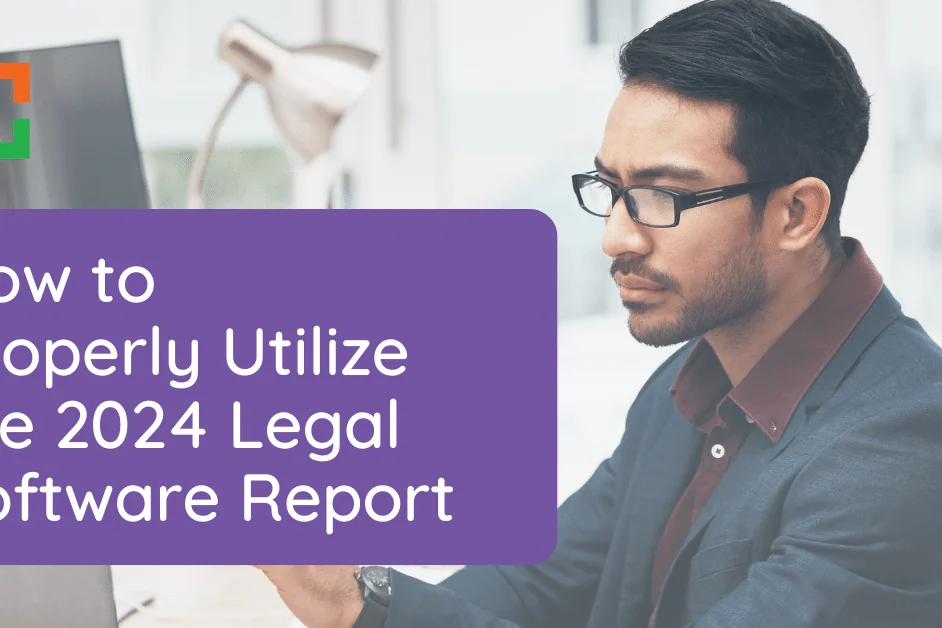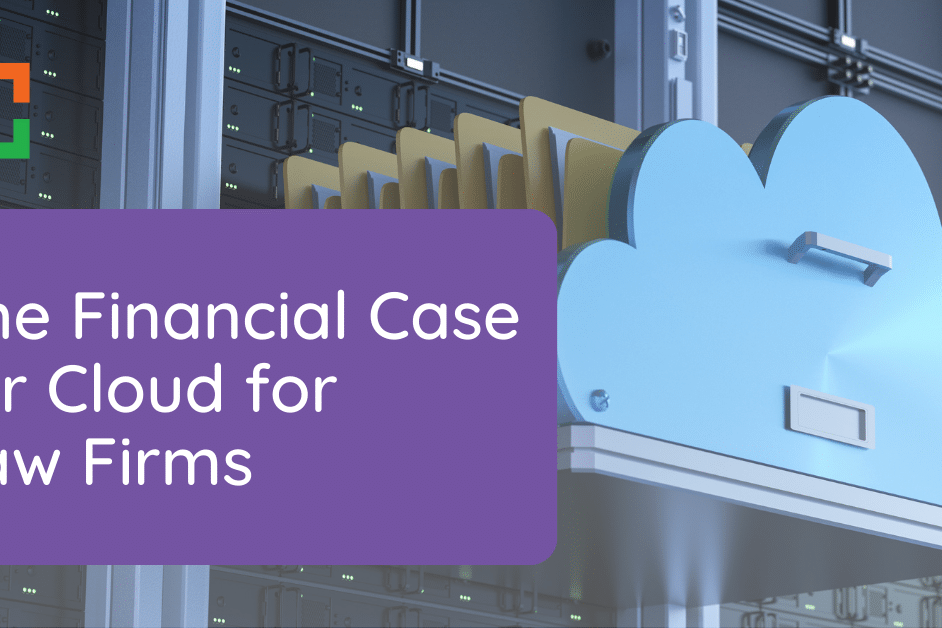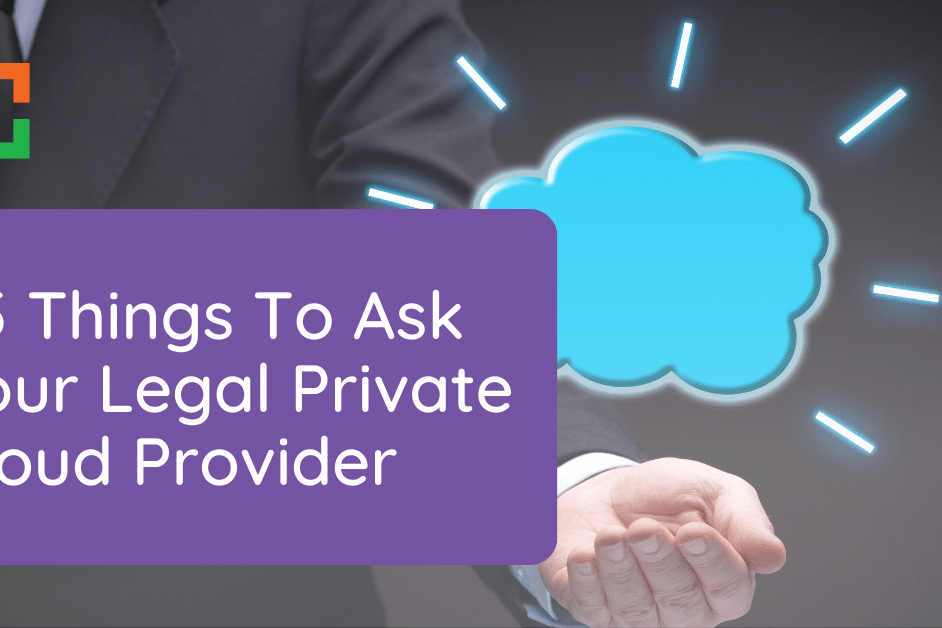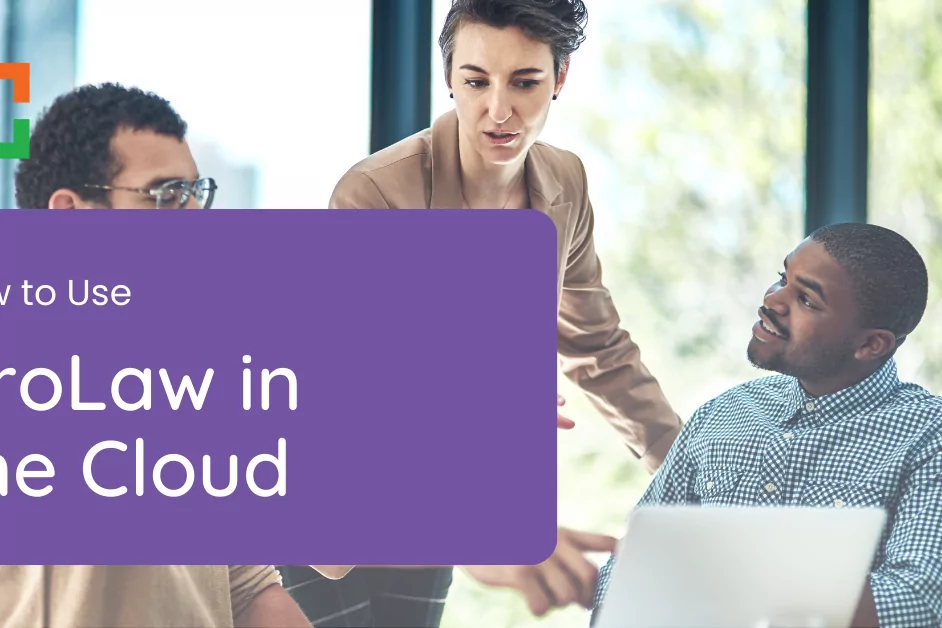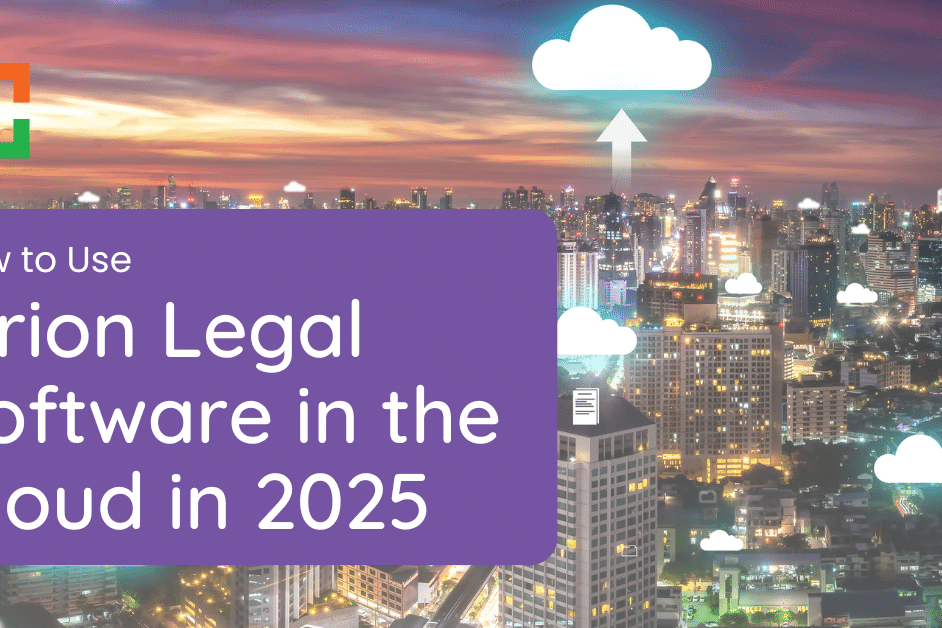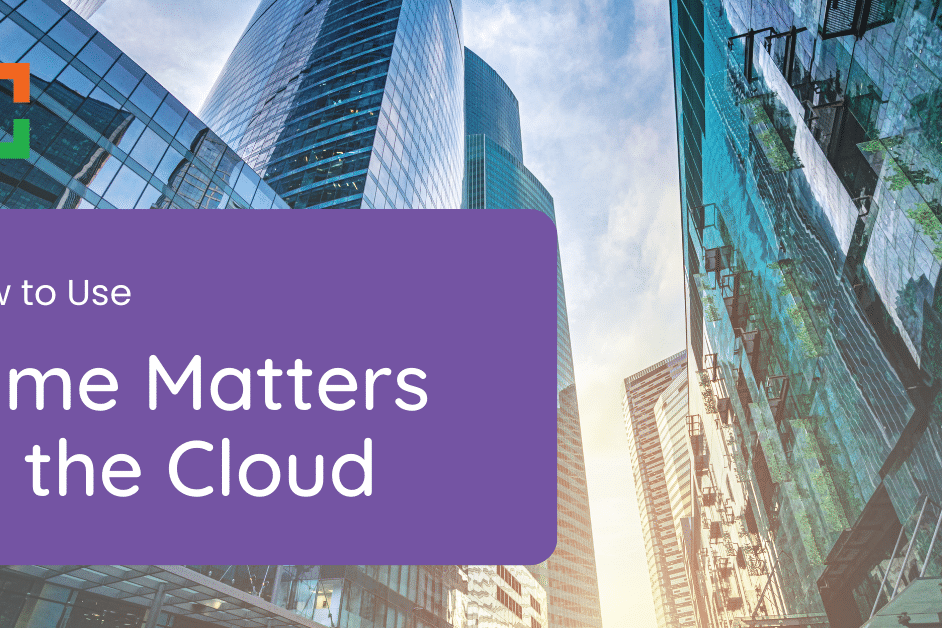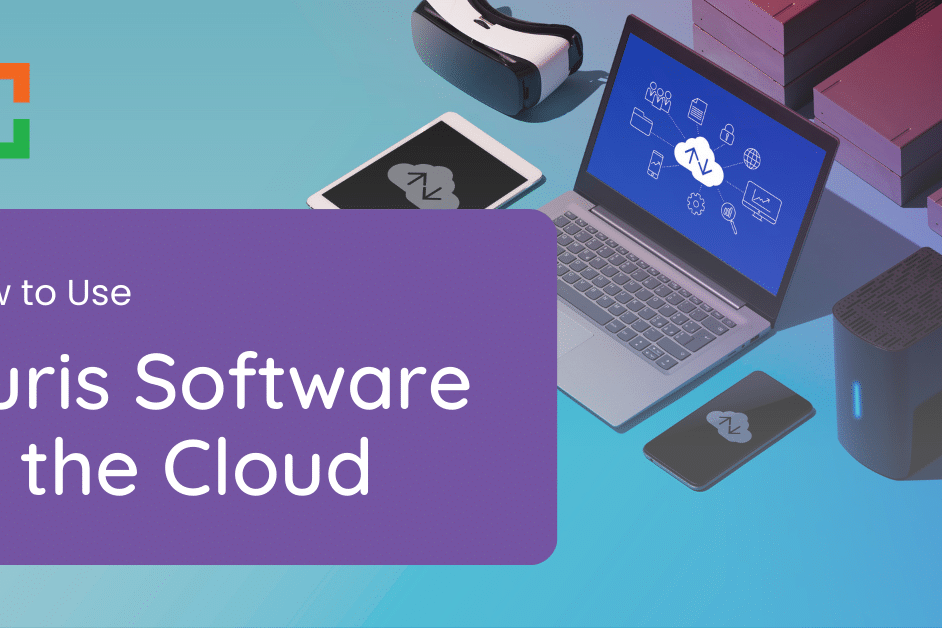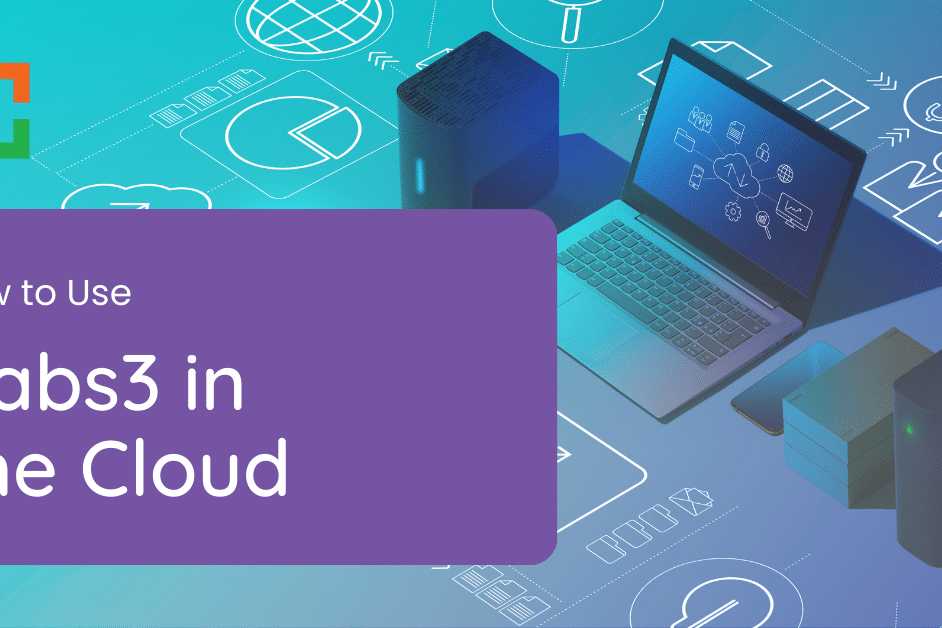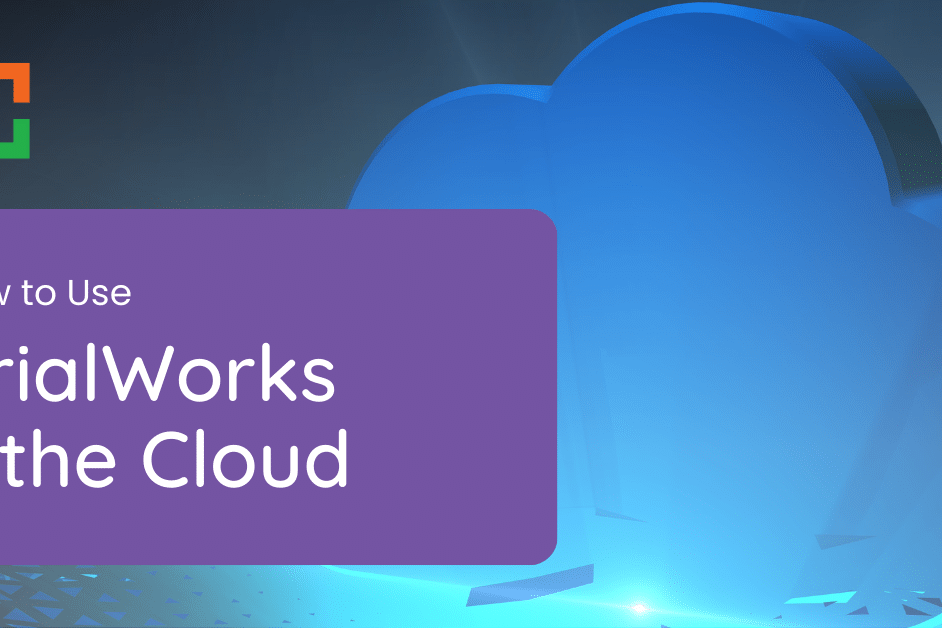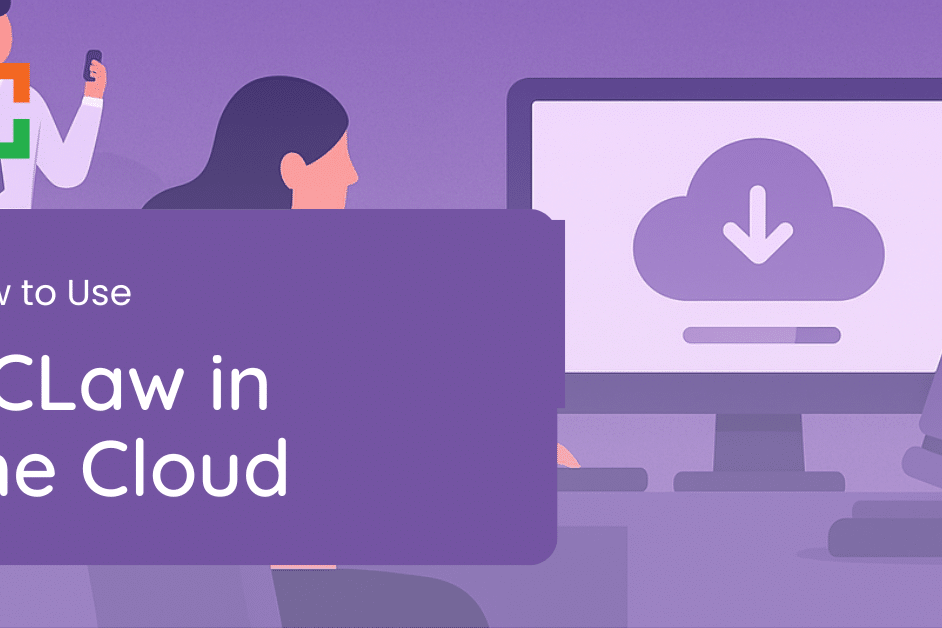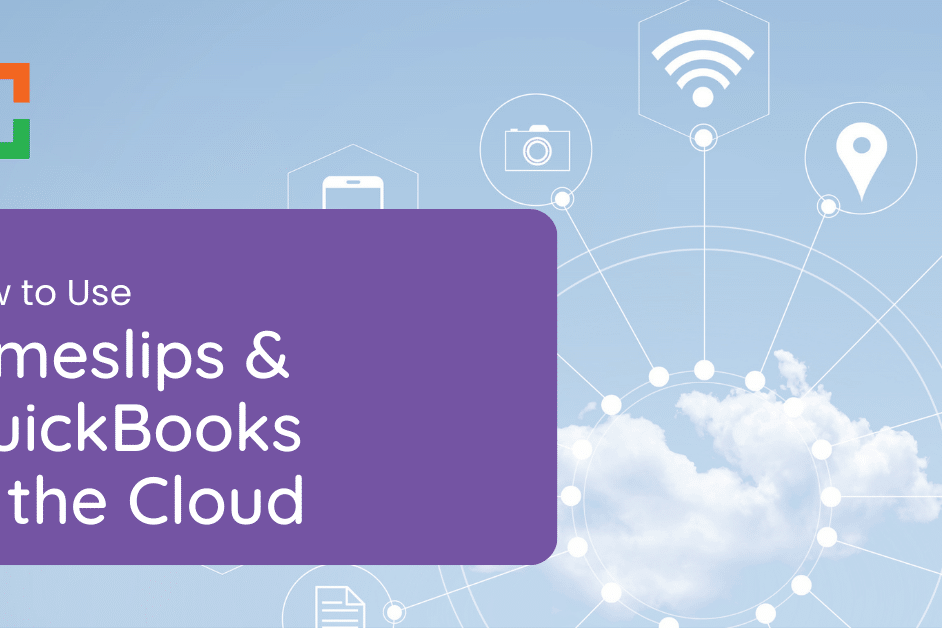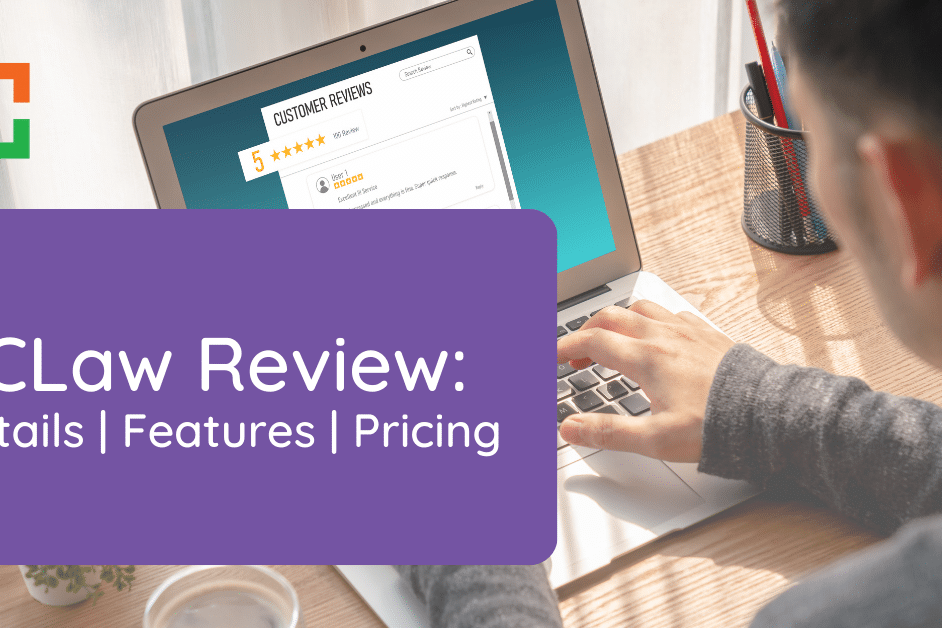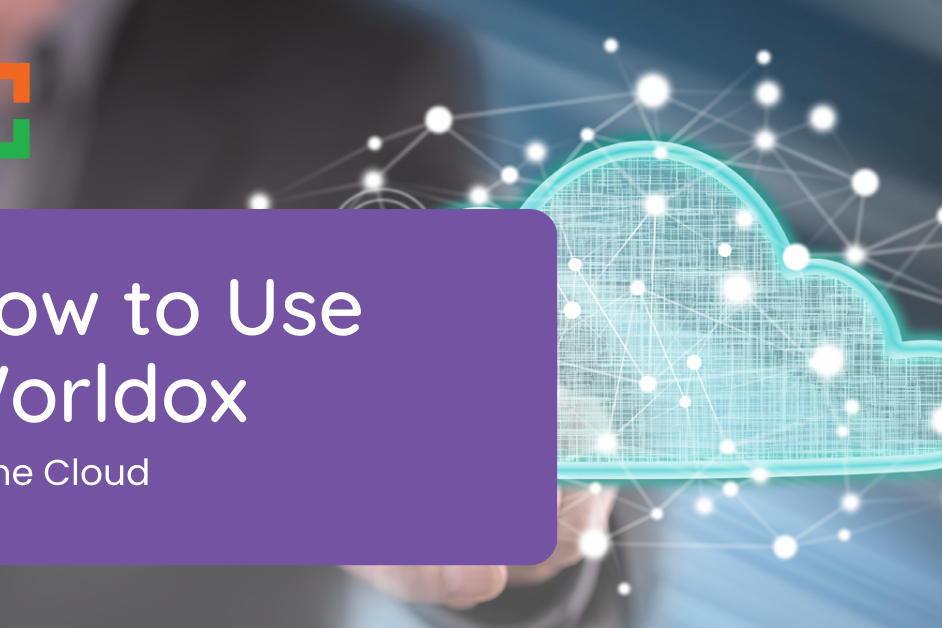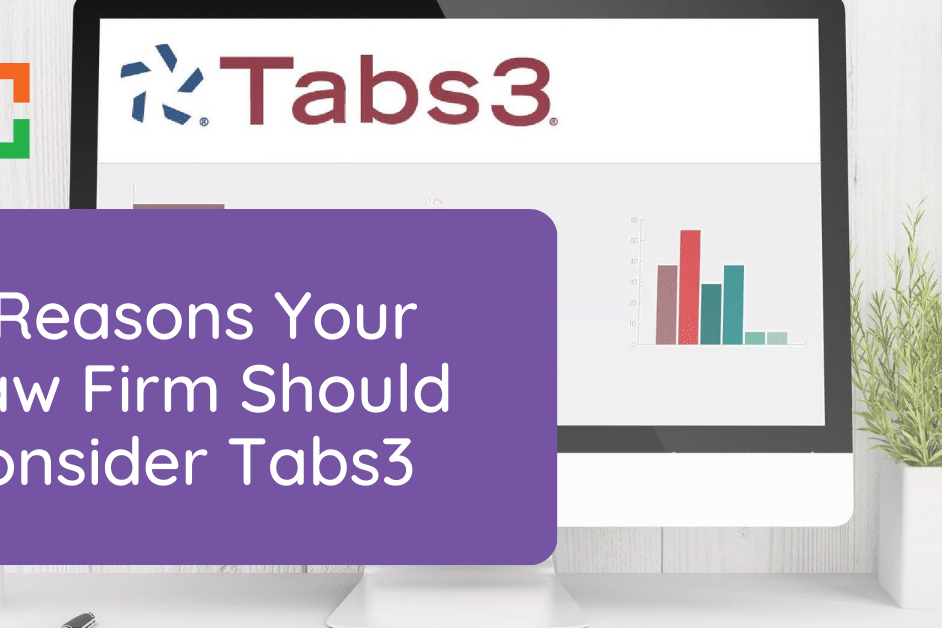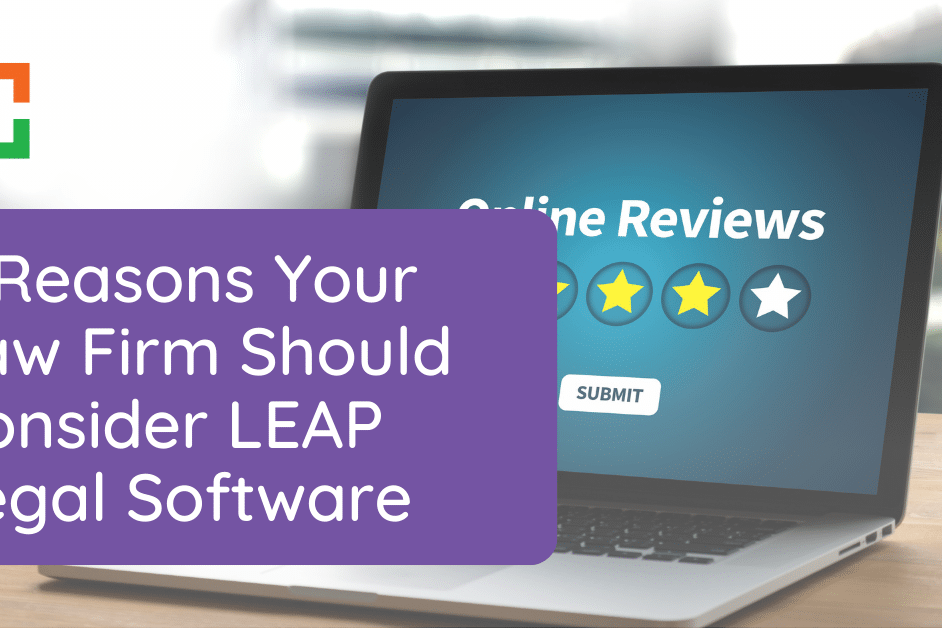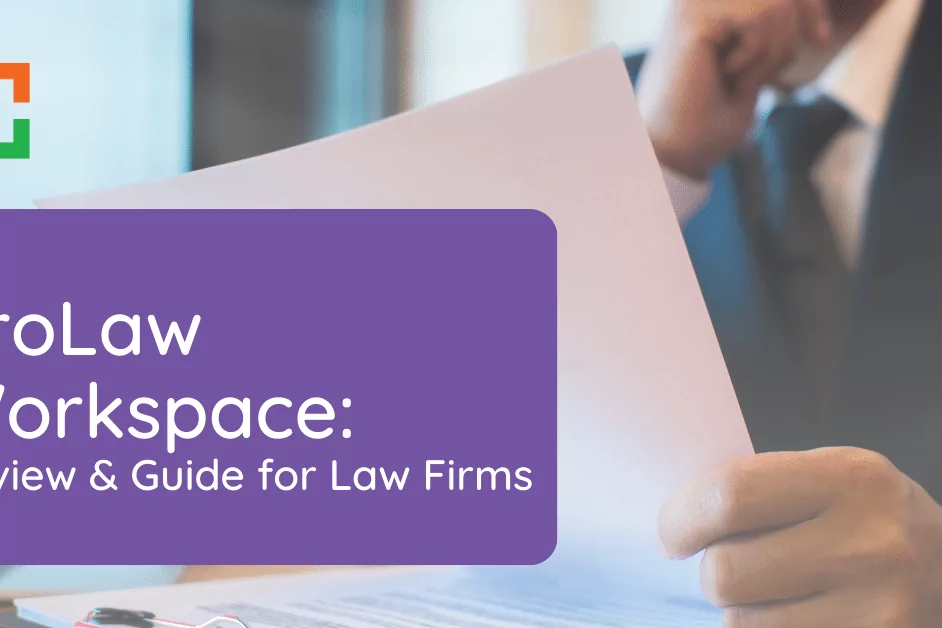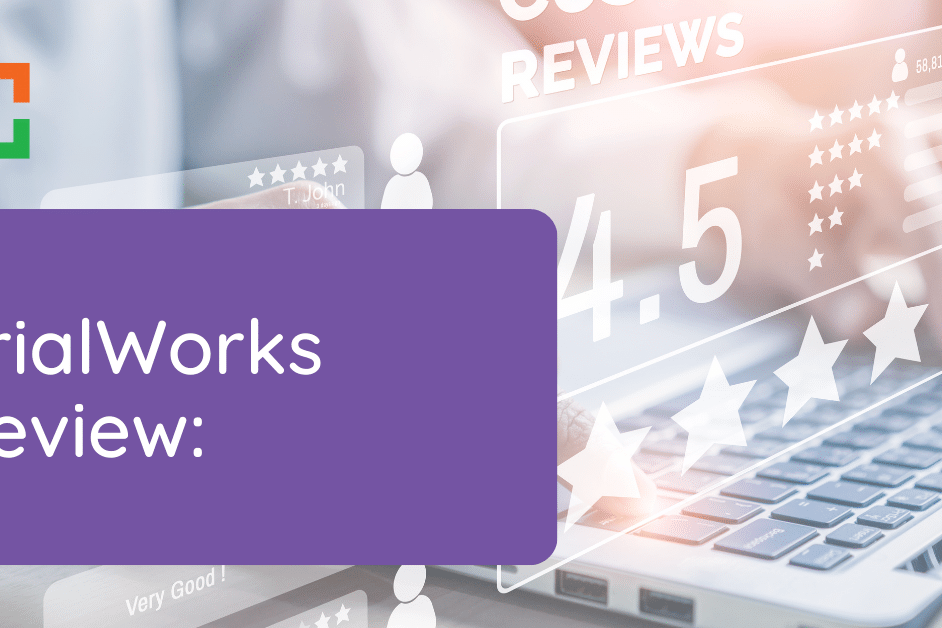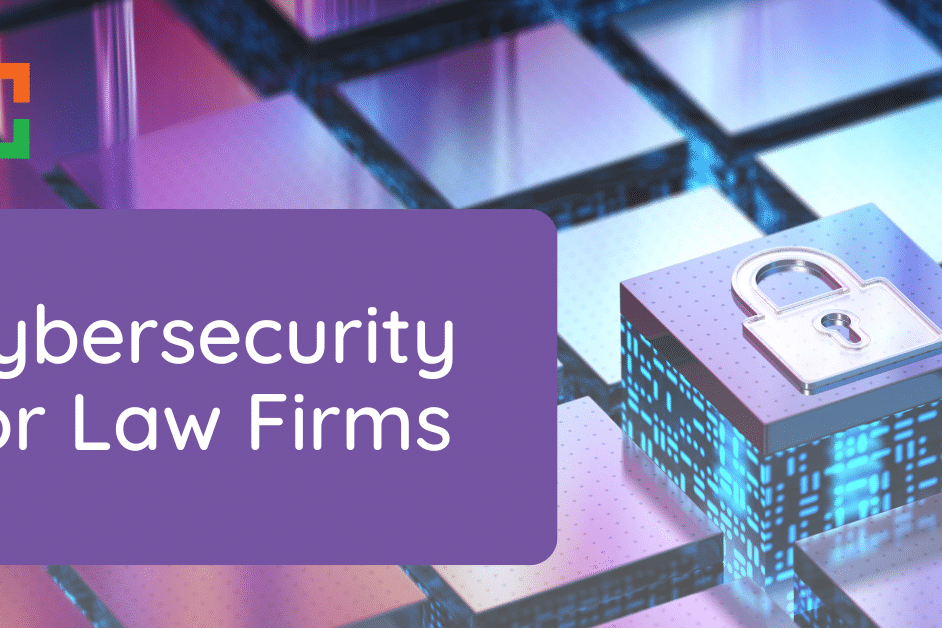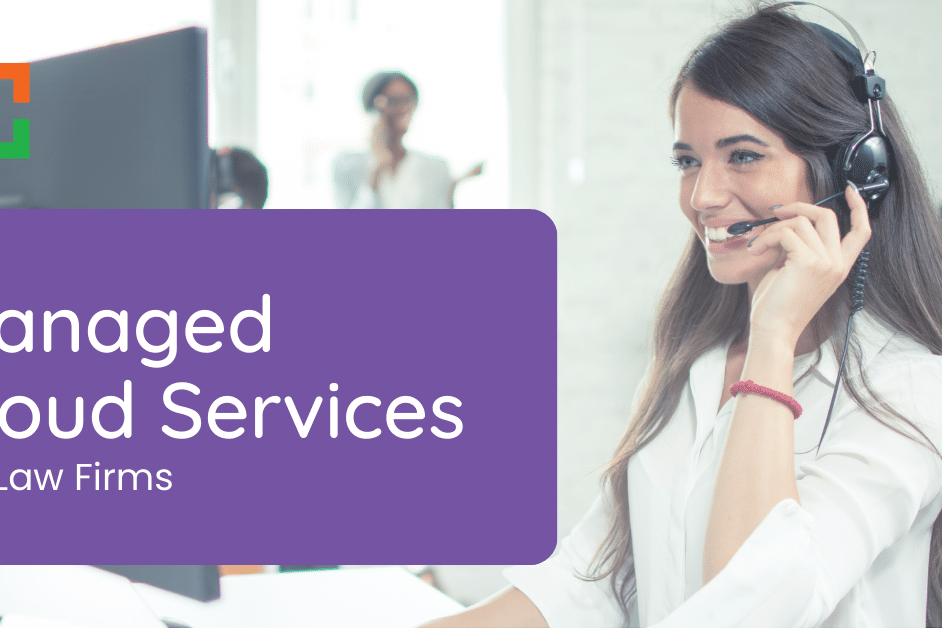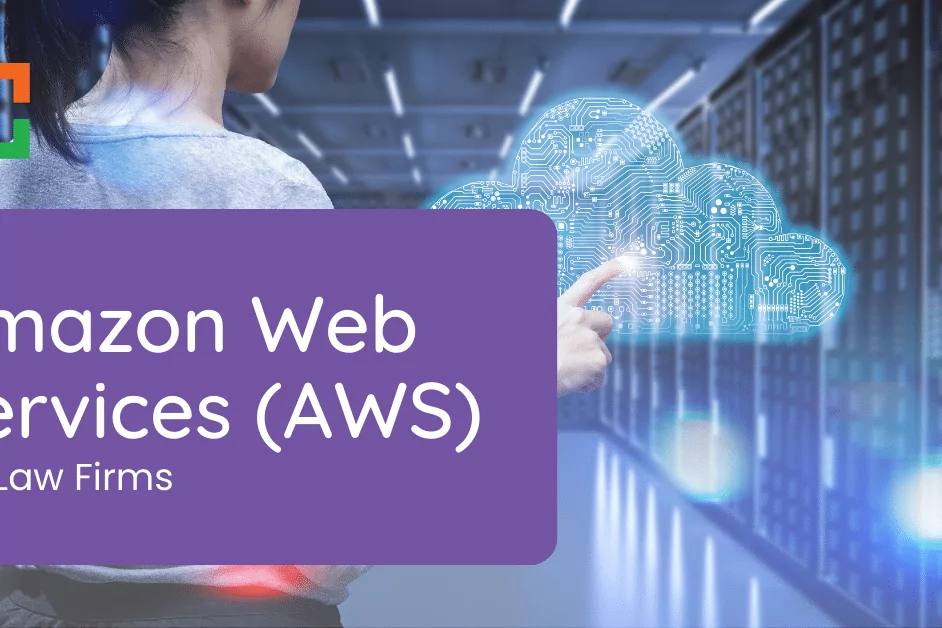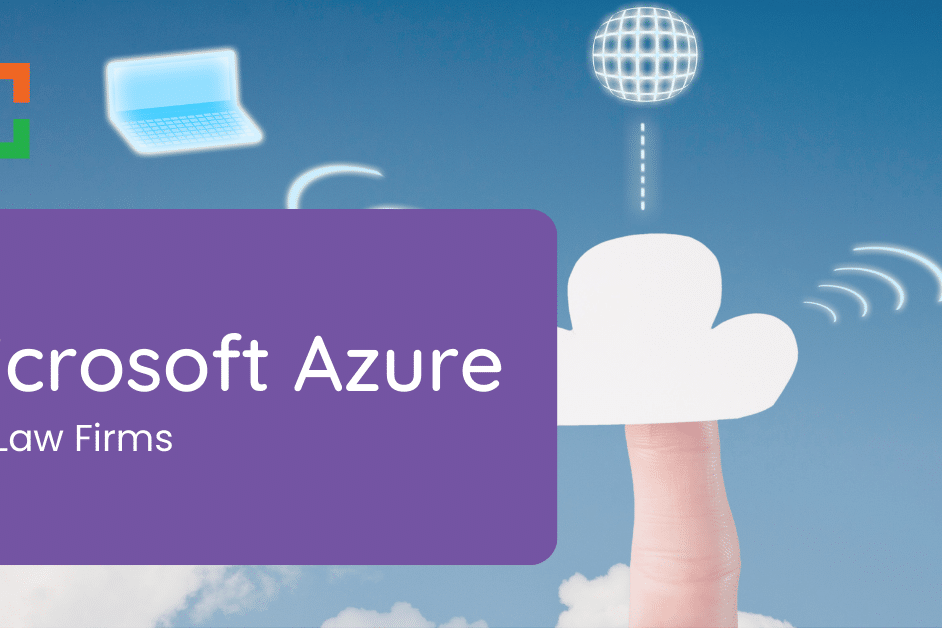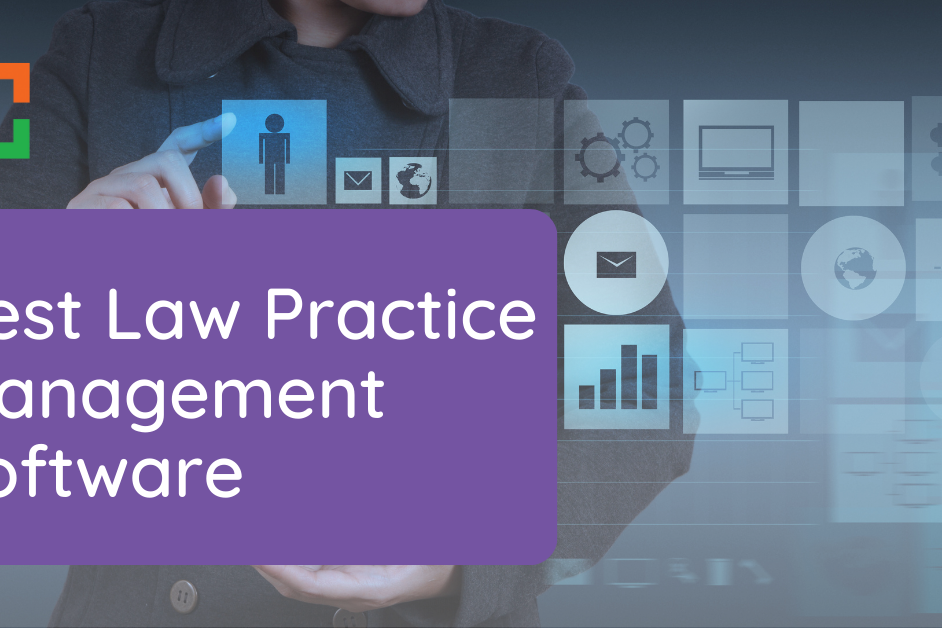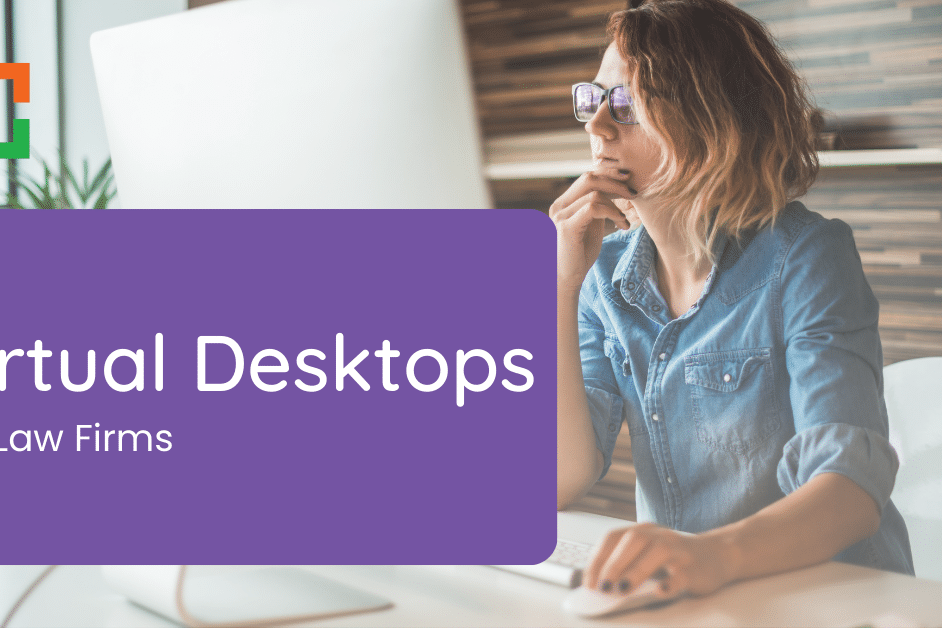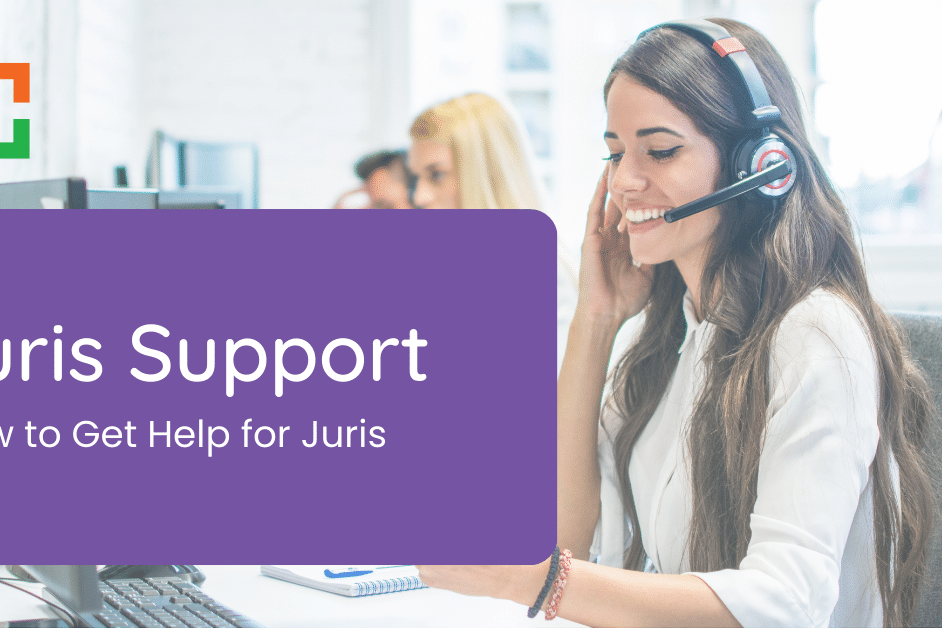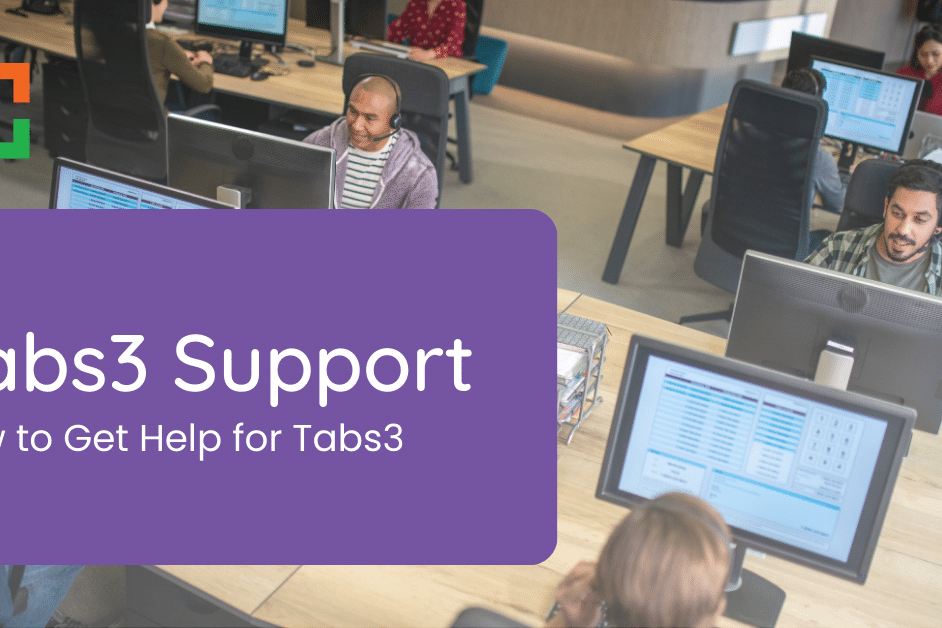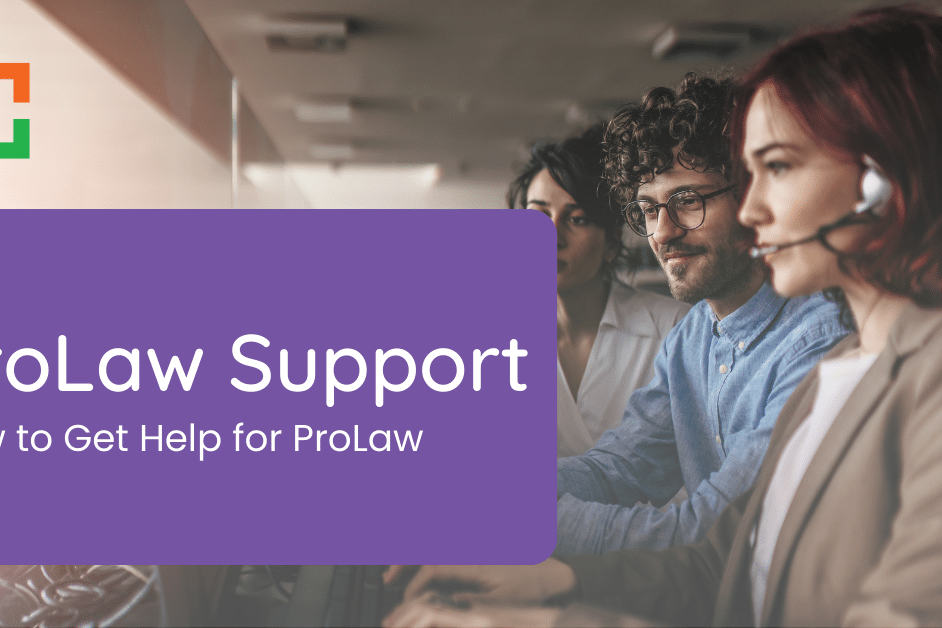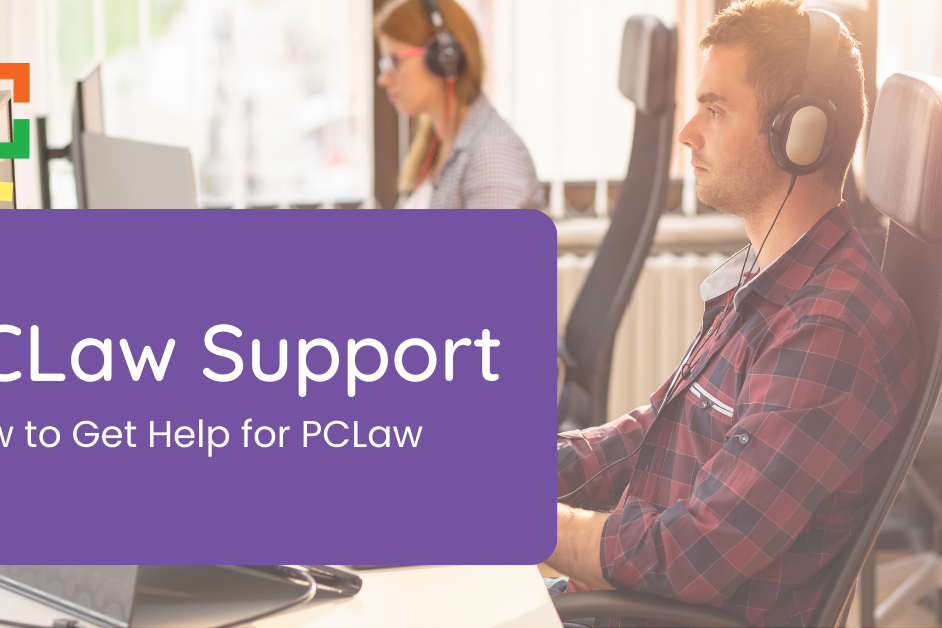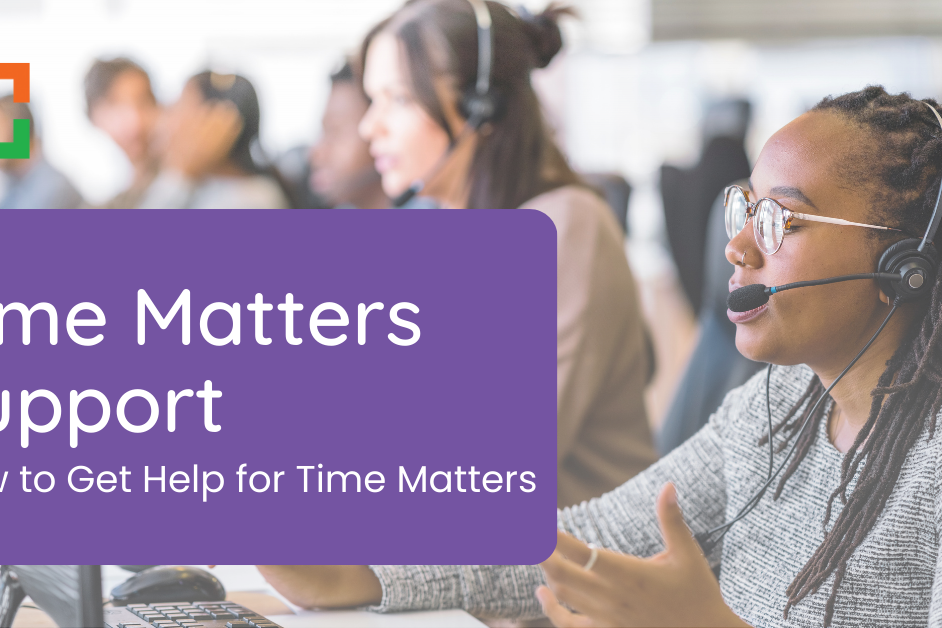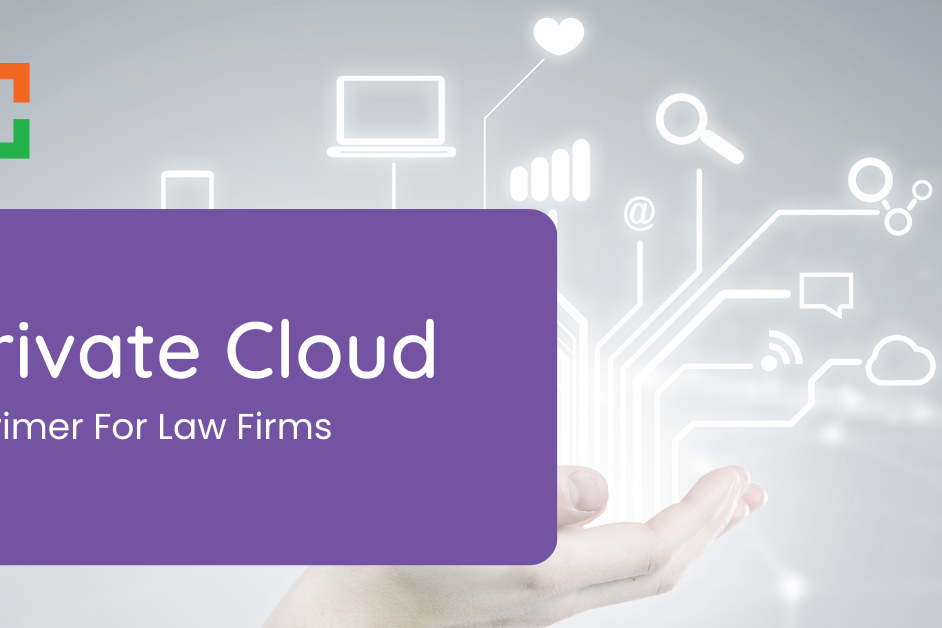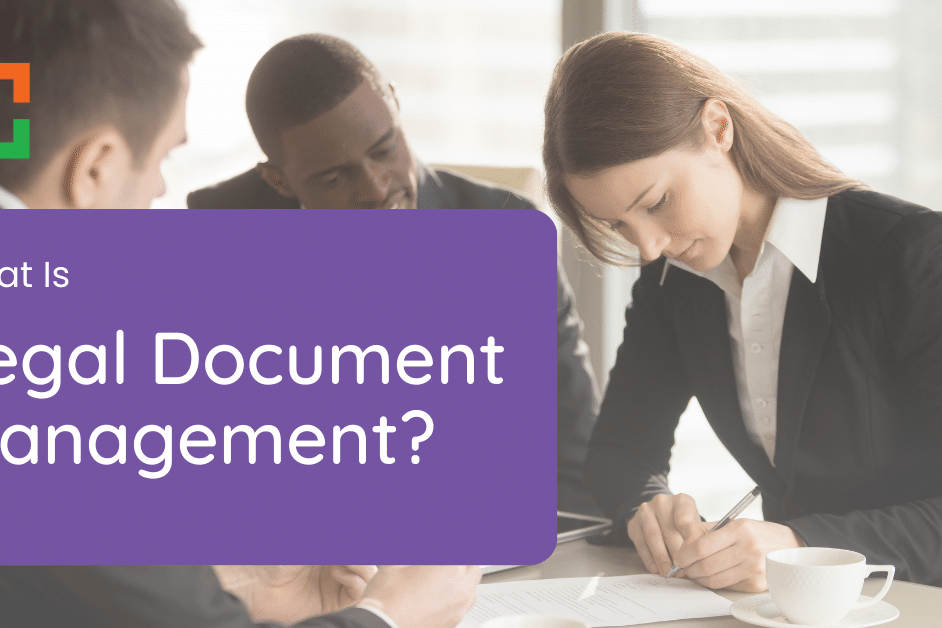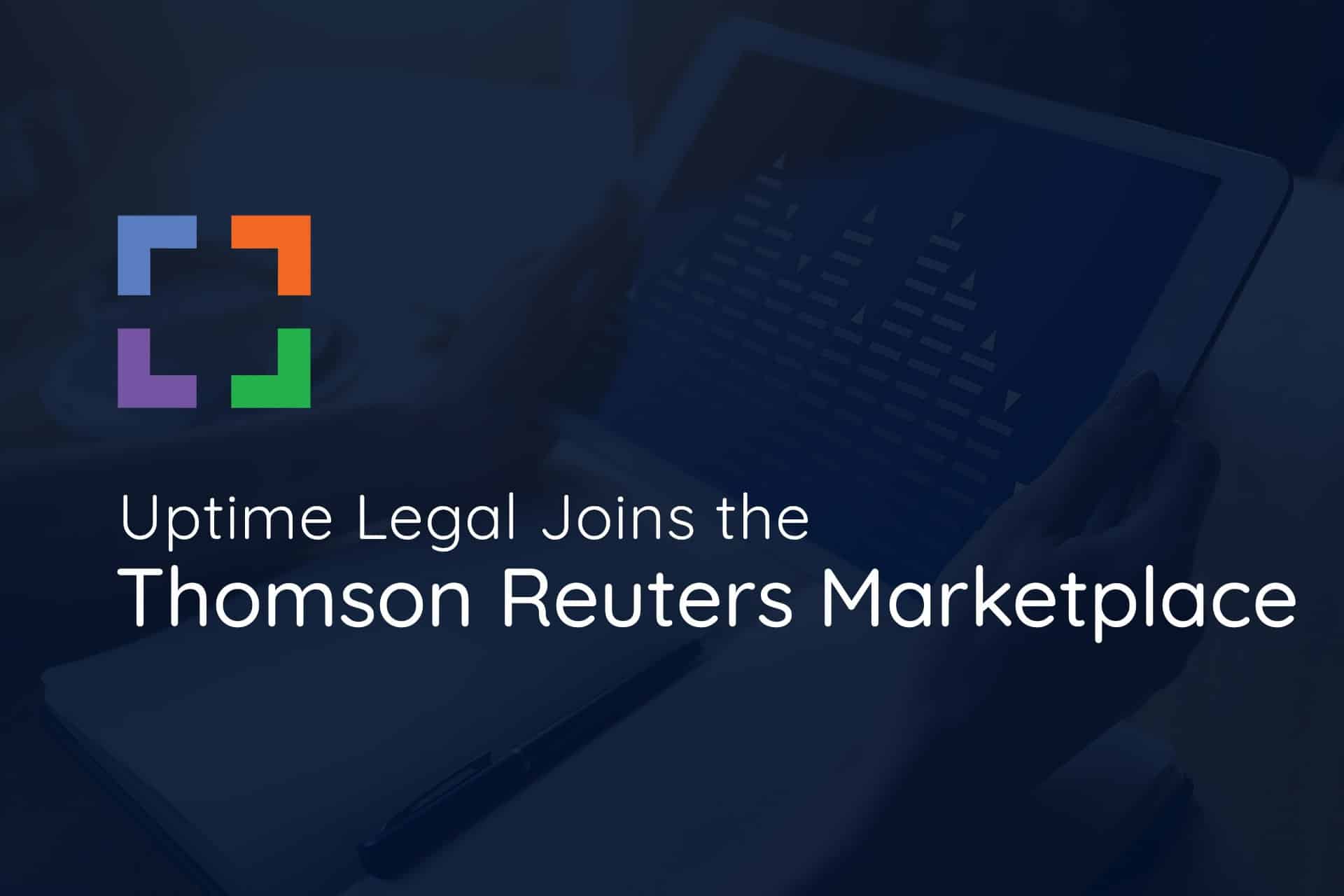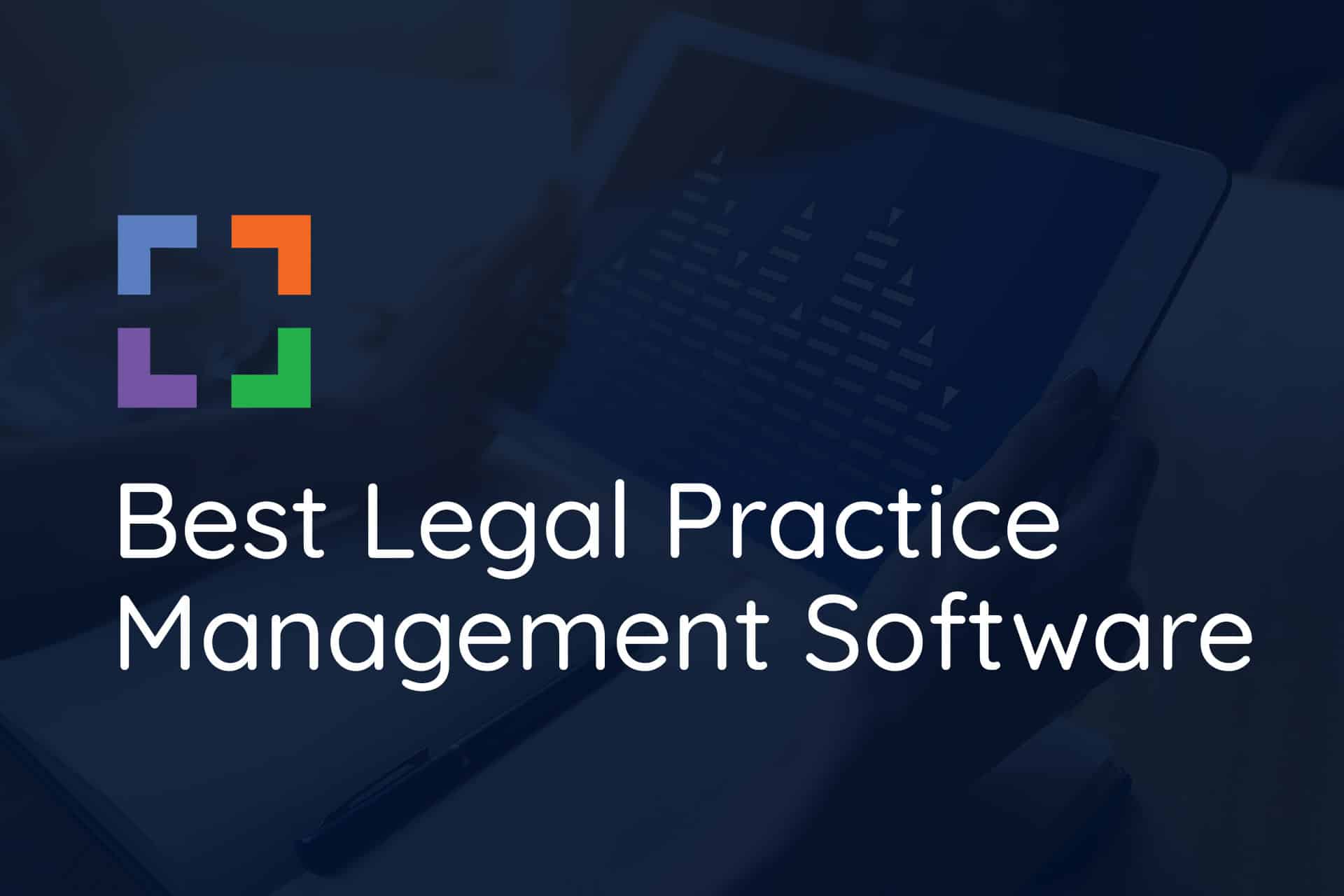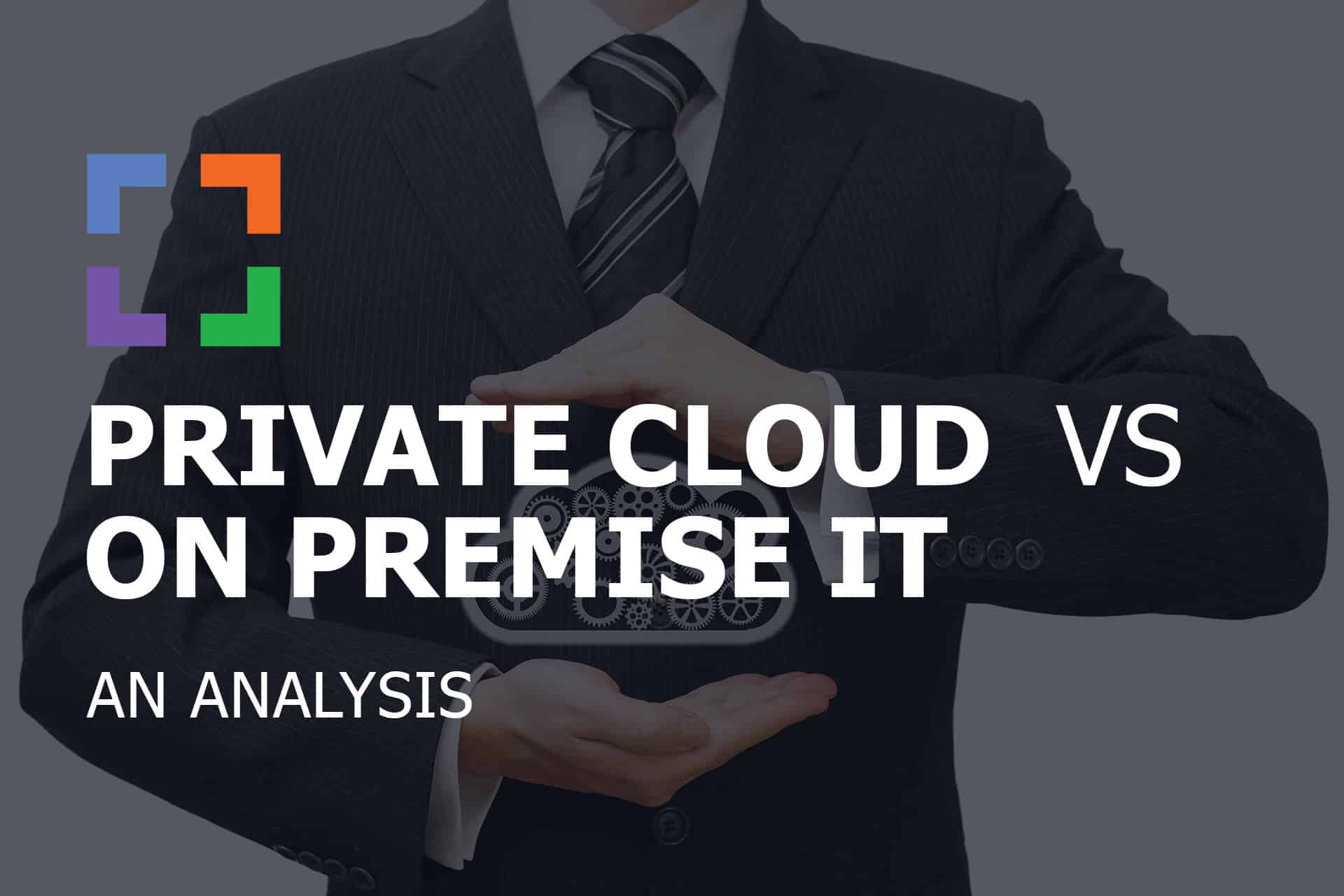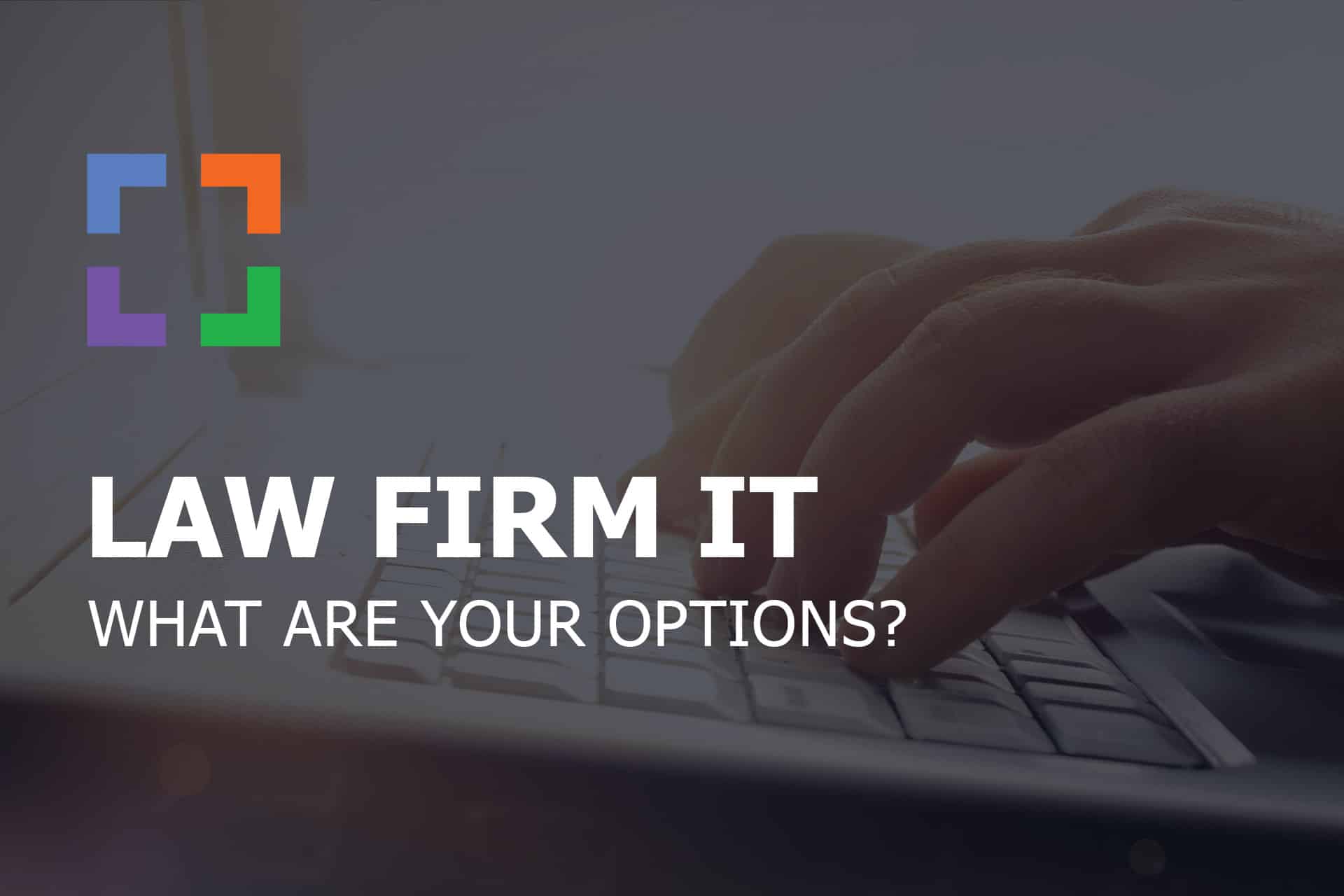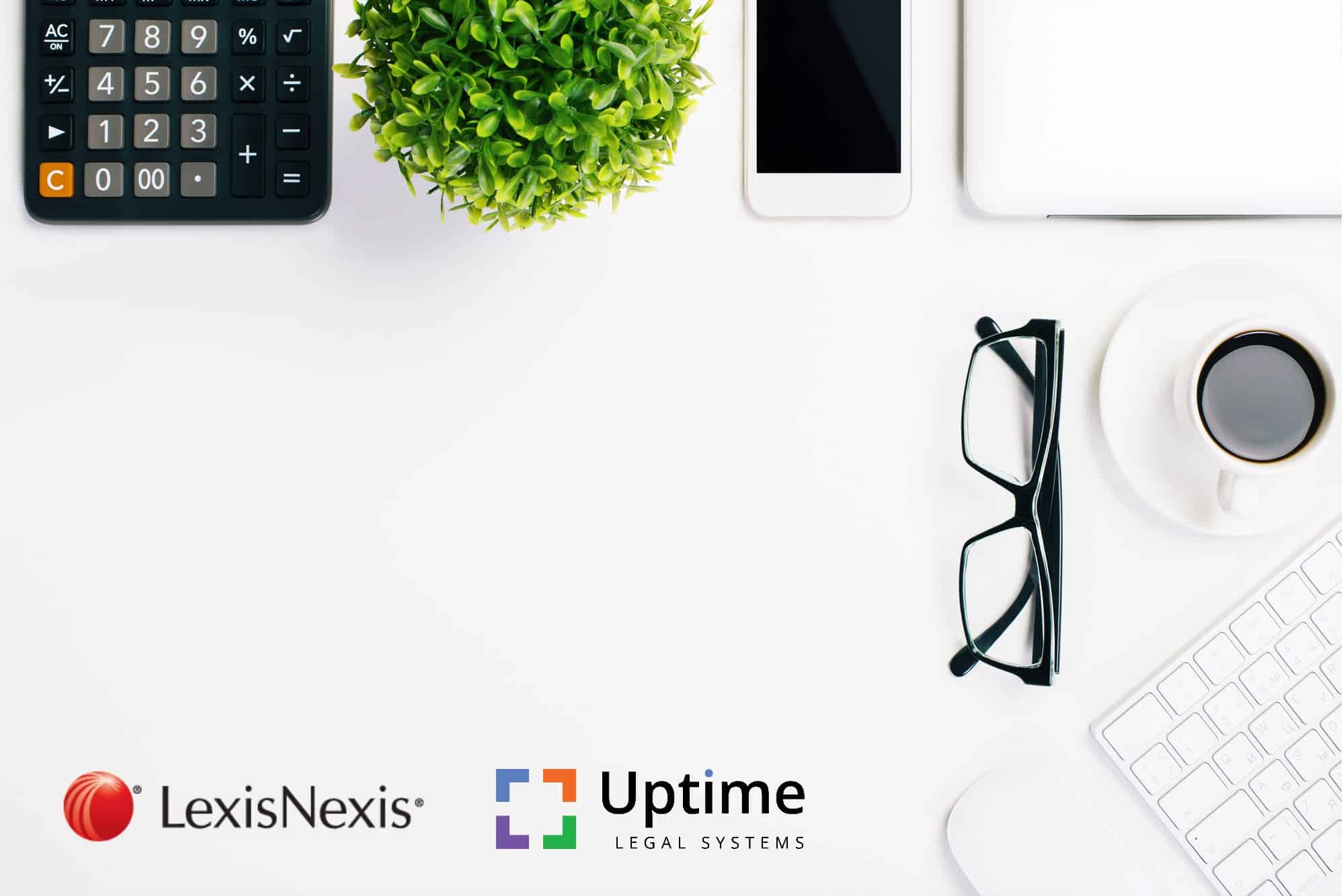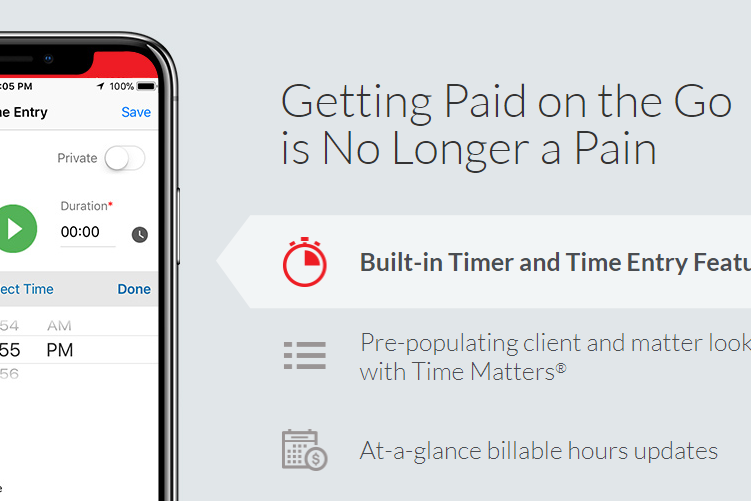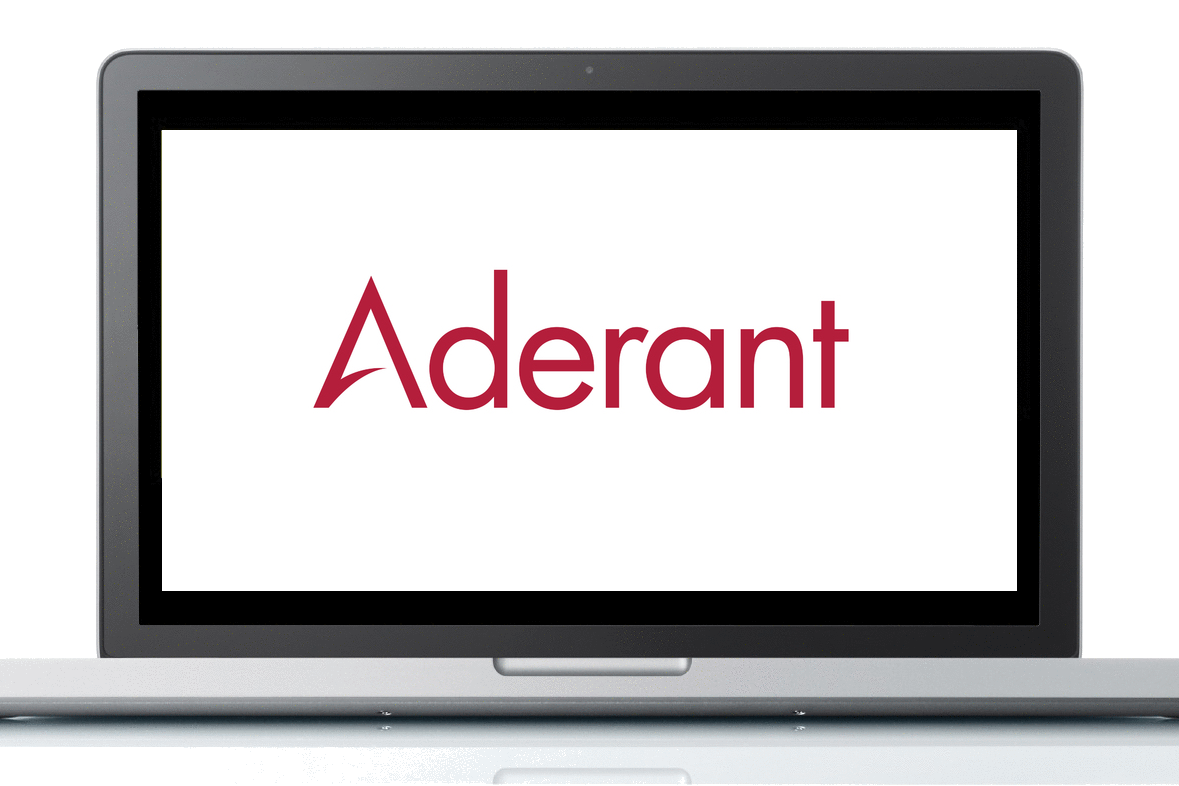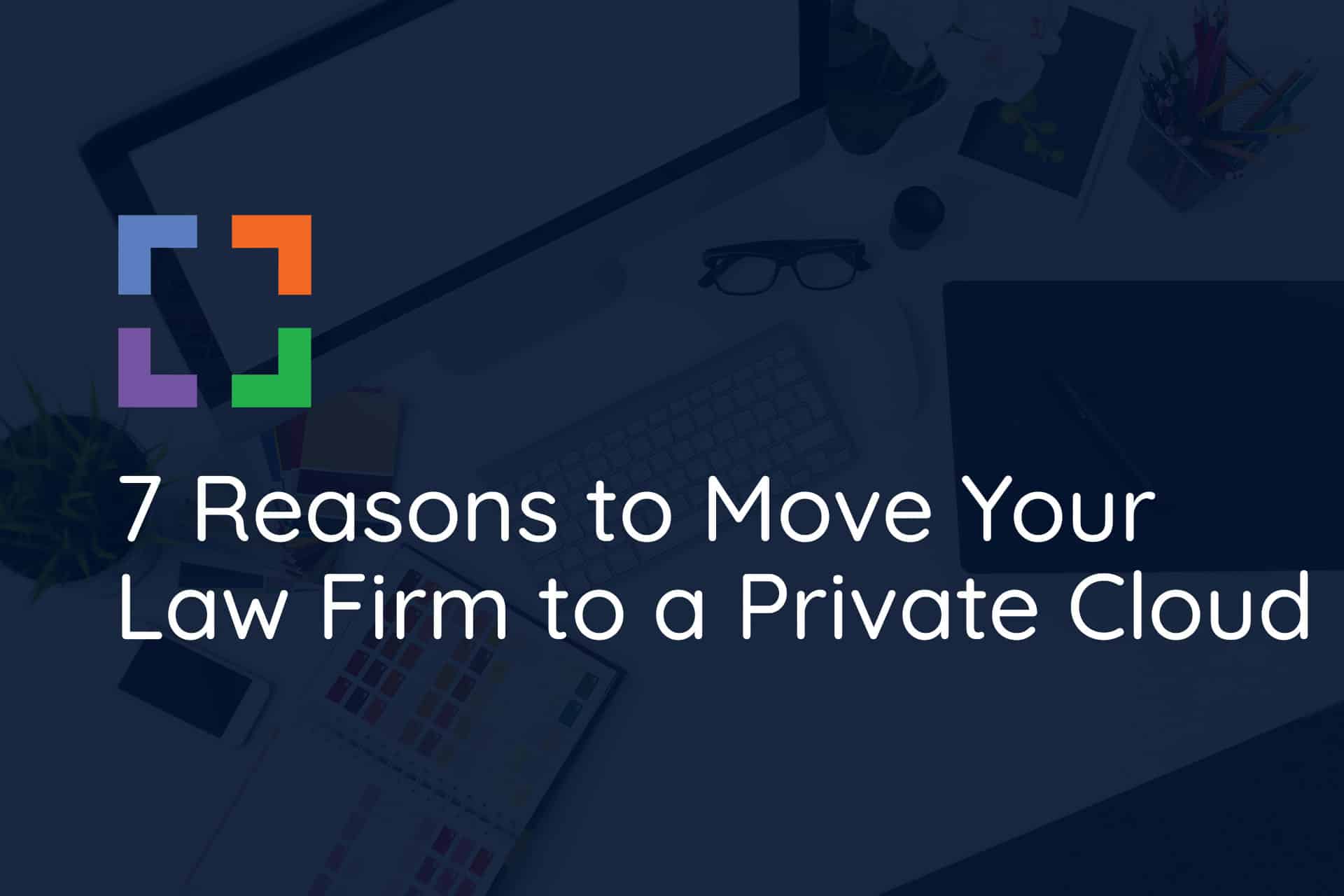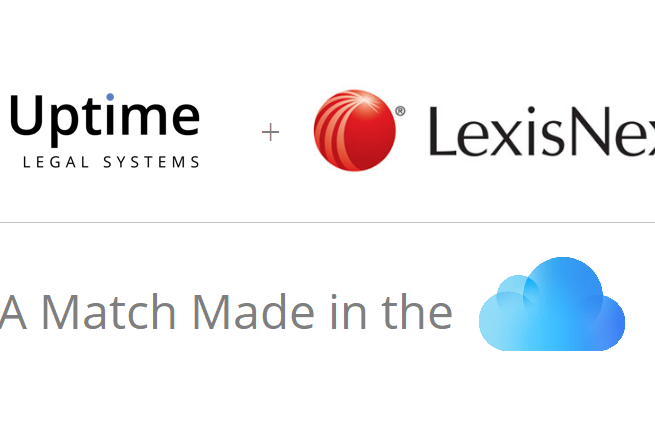PCLaw® Go – An Uptime Legal Review
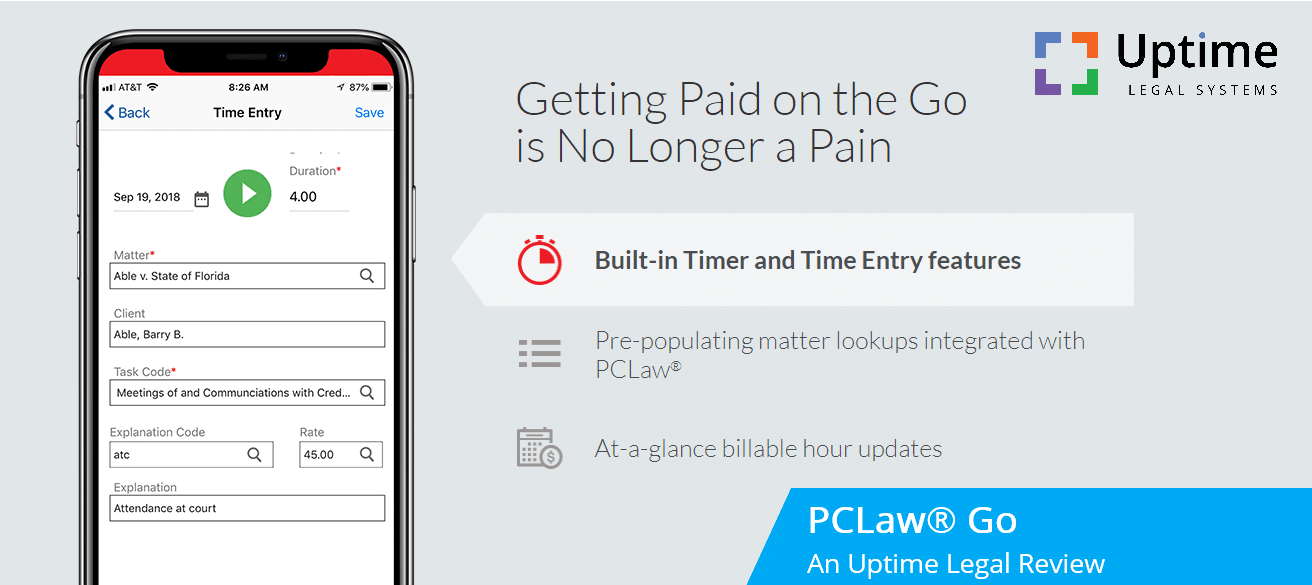
An Introduction to PCLaw Go
PCLaw® Go is a new mobile app for users of PCLaw billing, accounting, and matter management software. PCLaw Go enables law firms and lawyers to track their billable hours and enter time on the go.
For a limited time, PCLaw Annual Maintenance Plan subscribers can claim a complimentary license of the PCLaw Go app. It is available for $99 per year for each user. Created and supported by LexisNexis®, PCLaw users can take advantage of the app and keep their billable hours updated when they’re not in the office.
PCLaw Go is unique because it integrates with the existing PCLaw application. PCLaw is a powerful and popular billing, accounting and legal practice management application used by law firms across the globe. PCLaw is desktop-based software, which means it can be run on a law firm’s own in-house server or in a private cloud.
Because of PCLaw’s powerful features and all-in-one functionality, it remains a trusted and valued option for practice management and law firm accounting.
Related: PCLaw® – An Uptime Review
PCLaw Go fulfills a need by allowing lawyers the ability to keep up with their billable time when they’re not in the office. It’s a great option to help lawyers create accurate invoices for their clients so they can bill faster and earn more of what they deserve.
In this article, you’ll learn more about PCLaw Go and its features.
PCLaw Go Overview
Created and supported by LexisNexis, PCLaw Go is an app that allows existing PCLaw users to track their billable activities while they’re outside of the office. PCLaw Go makes it easier for lawyers to track billable time by providing a built-in timer as well as the ability to enter time manually. Since it integrates with PCLaw, it’s quick and easy to associate billable time to the right matter.
PCLaw Go is compatible with both iOS and Android devices.
What We Like about PCLaw Go
PCLaw Go is an attractive mobile timekeeping option for many reasons. One of our favorite features is the ability for lawyers to use talk-to-text. It makes it faster and easier to capture thoughts and ideas before or after depositions and meetings. Since PCLaw Go also has auto-correct features, it’s easy to ensure that notes and entries are accurate. We also appreciate that it provides easy population of client or case information.
Key Features of PCLaw Go
PCLaw Go’s key features enable lawyers to make sure that they’re not missing out on valuable billable time by making it simple to keep up with their time entries when they’re out of the office.With PCLaw Go, there’s no more jotting down notes or relying on memory when entering time.
Key features of PCLaw Go include:
- The ability to populate matter information directly from PCLaw. This helps prevent clerical errors during the billable time entry process. Lawyers can pull the correct matter every time. Billing accuracy is important because it helps lawyers avoid bar complaints and embarrassing conversations about billing errors.
- In-app timer and manual time entry abilities. Lawyers have the option to either use the in-app timer or manually enter time for billable activities. This feature is great for meetings, phone calls, hearings, depositions, and other billable occurrences that take place outside of office walls.
- Billable hours preview. Lawyers can see their billable hours through an easy to read dashboard.Lawyers can also use the calendar to look at billable hours for other dates. This handy feature can assist lawyers if clients unexpectedly ask how many billable hours have been spent on their matter.
- Talk-to-text. PCLaw Go transcribes verbal expressions related to billable matters. This means faster and more convenient note and time-entry detail creation.
- Automatically correct misspelled words. When adding explanations to matter information or time entries, PCLaw Go will highlight words and provide spelling suggestions. Lawyers can use the talk-to-text feature for speed and review suggested corrections or allow the app to auto-correct on their behalf.
The Uptime Verdict
PCLaw Go is a great addition for PCLaw users. In the era of mobile computing, its nearly a must-have for every user of PCLaw.
PCLaw Go allows quick and accurate creation and tracking of billable activities. There’s no need for law firms who appreciate the full scope of features provided by PCLaw to choose an app with fewer abilities (and possibly no integration) just to improve timekeeping when out of the office.
Cost-effective and easy to use, PCLaw Go is a must for any law office currently using PCLaw.
Better in the Cloud
While PCLaw Go will make the PCLaw experience usable outside of the office, it does not automatically make PCLaw cloud-based.
To run PCLaw in the cloud, your firm will need a private cloud.
A private cloud is a complete IT platform that is hosted and managed on behalf of the law firm from a separate location. Lawyers and key staff access PCLaw by using a secure virtual desktop. The private cloud can also be used to support the firm’s email, files, other programs, and data.
Related: Private Cloud – A Primer for Law Firms
A private cloud, like Uptime Practice, can host PCLaw along with improving accessibility to data and files needed to run your practice, data security, and reliability.
Uptime Practice:
The IT & Cloud Platform for Law Firms.
Uptime Practice is a suite of Managed IT and cloud services, made exclusively for law firms.
Practice Next
Technology + Legal Software Support for Modern Law Firms
Practice Next is a suite of Managed IT, Legal Software Support, and Cloud Essentials, made just for law firms.
-
Practice Next is a suite managed IT, technology essentials and legal software support.
-
Practice Next includes unlimited IT and legal software support, Microsoft 365, legal-centric cloud storage and more.
-
Practice Next pairs great with cloud-based legal software such as Clio Manage, CosmoLex, MyCase and more.
Practice Go
Cloudify Your Legal App
Does your law firm already have a cloud strategy, but have one premise-based application still running on onsite servers? Practice Go is for you.
- With Practice Go, we effectively turn your desktop/server- based legal software into a cloud application (a Published App), freeing your firm from the limitations of traditional software.
- Practice Go can cloudify your PCLaw, Time Matters, Tabs3, ProLaw, Juris, QuickBooks and more.
Practice Foundation
Complete Private Cloud for Law Firms
If your law firm needs a central, secure cloud platform for all of your legal software, documents and data, Practice Foundation is for you.
-
Practice Foundation is an end-to-end cloud platform that will host all of your firm's applications and documents, and will optionally include Office 365 + unlimited IT support. Everyone in your firm logs into a Virtual Desktop where they'll find all of their apps and docs.
-
Practice Foundation works with PCLaw, Time Matters, Tabs3, ProLaw, Juris, QuickBooks, Timeslips, TrialWorks, Adobe Acrobat and more.
Not Sure Which Edition You Need?
No problem. Check out our quick Comparison Chart for Uptime Practice, or Get in Touch to talk with our sales team.

Dennis Dimka
As the founder and CEO of Uptime Legal Systems, I've had the privilege of guiding our company to become a leading provider of technology services for law firms.
Our growth, both organic and through strategic acquisitions, has enabled us to offer a diverse range of services, tailored to the evolving needs of the legal industry.
Being recognized as an Ernst & Young Entrepreneur of the Year Finalist and seeing Uptime Legal ranked among the Inc. 5000 list of fastest-growing private companies in America for eight consecutive years are testaments to our team's dedication.
At Uptime Legal, we strive to continuously innovate and adapt in the rapidly evolving legal tech landscape, ensuring that law firms have access to the most advanced and reliable technology solutions.
Related Posts
September 16, 2025
How to Properly Utilize the 2025 Legal Software Report
September 30, 2024
How to Properly Utilize the 2024 Legal Software Report
April 1, 2024
The Financial Case for Cloud for Law Firms
March 8, 2024
25 Things To Ask Your Legal Private Cloud Provider
March 5, 2024
How to Use ProLaw in the Cloud in 2025
January 8, 2024
How to Use Orion Legal Software in the Cloud in 2025
January 8, 2024
How to Use Time Matters in the Cloud in 2025
January 8, 2024
How to Use Juris in the Cloud in 2025
January 8, 2024
How to Use Tabs3 in the Cloud in 2025
January 8, 2024
How to Use TrialWorks in the Cloud
January 8, 2024
How to Use PCLaw in the Cloud in 2025
January 8, 2024
How to Use Timeslips & QuickBooks in the Cloud in 2025
December 15, 2023
PCLaw: Complete Review, Features, Pricing
December 15, 2023
How to Use Worldox in the Cloud in 2025
December 15, 2023
7 Reasons Your Law Firm Should Consider Tabs3
December 15, 2023
7 Reasons Your Law Firm Should Consider LEAP Legal Software
December 15, 2023
ProLaw Workspace – Review & Guide for Law Firms
December 15, 2023
TrialWorks – An Uptime Legal Review
December 15, 2023
Cybersecurity for Law Firms
December 8, 2023
Managed Cloud Services for Law firms
October 24, 2023
AWS for Law Firms: A Complete 101
October 4, 2023
Azure for Law Firms: A Complete 101
September 28, 2023
Best Law Practice Management Software (2025)
September 5, 2023
Juris Support – How to Get Help for Juris
August 30, 2023
Tabs3 Support – How to Get Help for Tabs3
August 23, 2023
ProLaw Support – How to Get Help for ProLaw
July 24, 2023
PCLaw Support – How to Get Help for PCLaw
July 20, 2023
Private Cloud 101 for Law Firms
March 8, 2023
What is Legal Document Management?
February 24, 2021
Uptime Legal Joins the Thomson Reuters Marketplace
November 18, 2019
Best Legal Practice Management Software for 2021
September 16, 2019
The Financial Case for Cloud for Law Firms
June 17, 2019
Law Firm IT – What Are Your Options?
January 7, 2019
Time Matters® Go – An Uptime Legal Review
December 4, 2018
Aderant Review – by Uptime Legal
October 24, 2017
